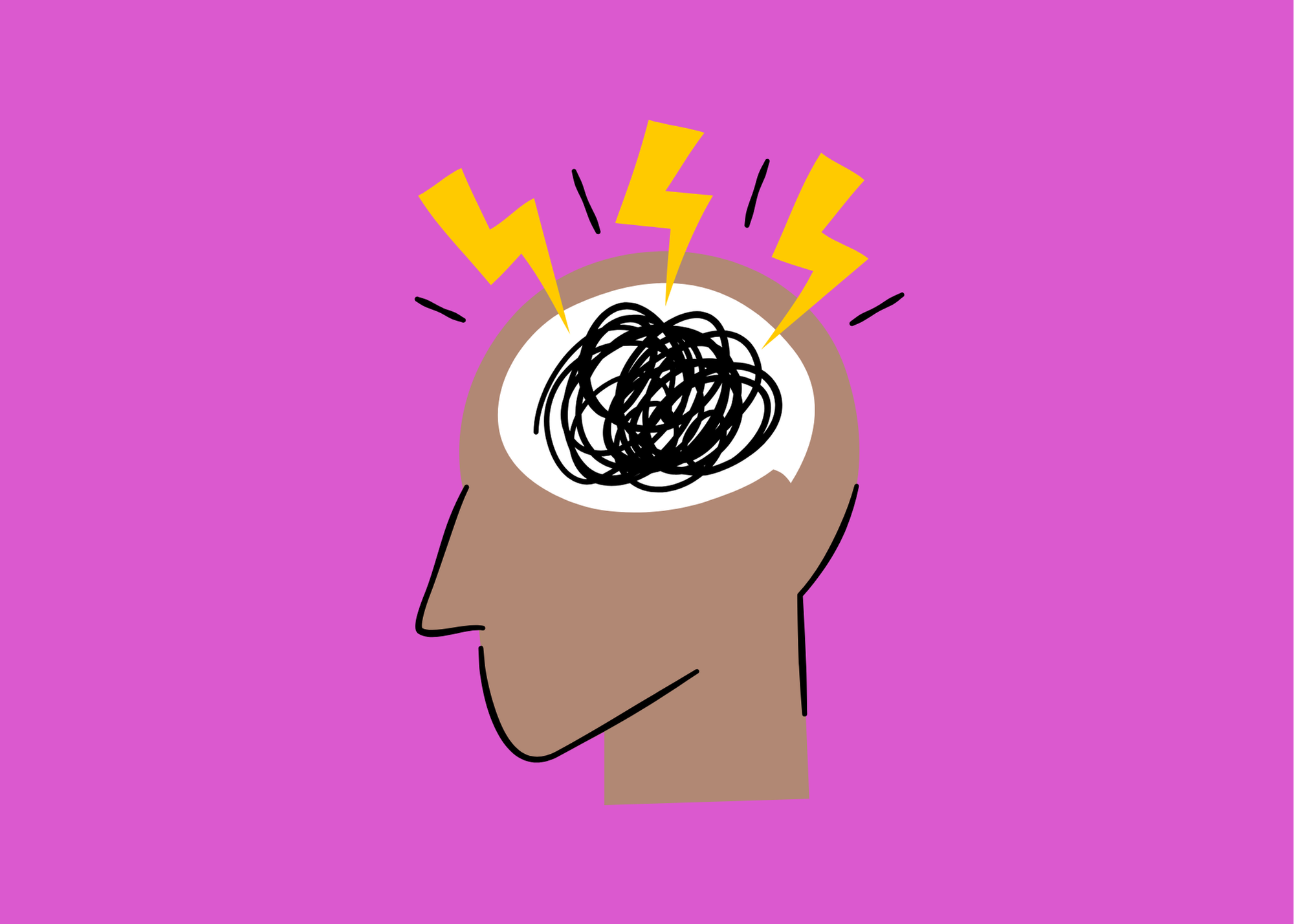The Truth About Sleep Debt: Why You Can’t Just Catch Up on Weekends
Some damage from prolonged sleep debt may not be reversible.
We’ve all been there—pulling late nights, grinding through deadlines, telling ourselves we’ll "catch up on sleep" when things calm down. Spoiler: they never do. And if you think sleeping in on Saturdays will undo the damage, science has some bad news for you.
Sleep debt—the cumulative effect of getting less sleep than your body needs—isn’t just about feeling groggy. It’s a physiological wrecking ball that crushes your focus, metabolism, mental resilience, and long-term health. The worst part? You can’t fully repay it, and if you let it pile up, it compounds into something far worse: chronic sleep deprivation.
So, let’s break it down. How do we accumulate sleep debt? What does the science say about "catching up"? And most importantly, what’s the real fix?
How You Rack Up Sleep Debt
Sleep debt isn’t just about a single bad night. It’s about how consistently you shortchange yourself on sleep over time. Here’s how it builds:
Chronic Late Nights: Whether it’s finishing a work project, binge-watching Netflix, or doom-scrolling, every hour of missed sleep adds up.
Early Mornings: Waking up at 5 AM for the gym or a meeting after going to bed at midnight? That’s sleep debt.
Interrupted Sleep: Poor sleep quality—thanks to stress, alcohol, or a snoring partner—means you’re not getting enough deep, restorative sleep, even if you're in bed for seven hours.
Work Culture & Hustle Mentality: If you’re wearing your "I only need five hours of sleep" badge with pride, congratulations—you’re running at a cognitive deficit.
The Science of Sleep Debt: Can You Really "Catch Up"?
The idea that you can "make up for lost sleep" is only partially true. While you can recover from a recent sleep deficit by getting extra rest in the following days, long-term sleep deprivation leads to lasting damage that extra sleep cannot fully reverse.
What Happens When You Try to "Catch Up"?
Short-Term Recovery Is Possible: If you’ve had a few nights of poor sleep, increasing your sleep duration over the next few nights can help restore cognitive function and reduce fatigue. One night of great sleep can make a significant difference in alertness and mood.
Your Brain Still Suffers From Long-Term Sleep Debt: Studies show that even after several nights of "catch-up sleep," cognitive function—like memory, focus, and reaction time—may remain impaired if sleep deprivation has been prolonged. One study in the journal Sleep found that after five nights of restricted sleep (four hours per night), even after two days of extra sleep, participants' cognitive performance was still lagging.
Metabolic Damage Persists: Sleep deprivation messes with insulin sensitivity and metabolism. A Current Biology study found that while one weekend of extra sleep helped reduce fatigue, it didn’t reverse metabolic dysfunction caused by chronic sleep restriction.
Your Circadian Rhythm Gets Screwed: Sleeping in on weekends throws off your internal clock (a.k.a. social jetlag), making it even harder to wake up early on Monday. That’s why you feel like a zombie at the start of the workweek.
The Real Cost of Sleep Debt
Left unchecked, sleep debt leads to some serious long-term consequences:
Cognitive Decline & Burnout: Chronic sleep deprivation is linked to memory loss, decreased problem-solving ability, and burnout.
Weight Gain & Hormonal Chaos: Lack of sleep disrupts ghrelin and leptin (the hormones that regulate hunger), making you crave junk food.
Increased Risk of Chronic Diseases: Sleep debt is a major contributor to heart disease, diabetes, and even Alzheimer’s.
Emotional Instability: Sleep deprivation amplifies stress responses, making you more irritable, anxious, and emotionally reactive.
How to Pay Down Sleep Debt (The Right Way)
So if extra weekend sleep doesn’t fully erase your sleep debt, what does? The answer: consistent, high-quality sleep over time. Here’s how to start making deposits back into your sleep bank.
1. Prioritize Sleep Like a Non-Negotiable Meeting
Schedule bedtime like you would an important work call. Aim for at least 7–9 hours per night and make it a habit—not just an occasional thing.
2. Fix Your Sleep Schedule
Going to bed and waking up at the same time every day—even on weekends—helps regulate your circadian rhythm and improves sleep quality.
3. Nap Strategically
A 20-minute power nap can boost alertness without throwing off your nighttime sleep. But avoid long naps, especially late in the day.
4. Manage Stress Before Bed
Stress is a sleep killer. Create a wind-down routine with relaxation techniques—like journaling, deep breathing, or reading (not scrolling).
5. Optimize Your Sleep Environment
Make your bedroom a sleep sanctuary: cool, dark, and quiet. No screens, no work emails in bed, and definitely no late-night TikTok rabbit holes.
6. Cut the Sleep Disruptors
Caffeine after 2 PM? Alcohol before bed? Both wreck your sleep architecture. Cut back if you’re serious about paying down sleep debt.
Can You Ever Be Fully Caught Up?
Here’s the hard truth: some damage from prolonged sleep debt—especially if it’s been years—may not be reversible. But the good news? You can stop the cycle now and start recovering. The sooner you commit to consistent, high-quality sleep, the better your brain and body will function.
Think of it like this: You might not be able to erase all the effects of past sleep deprivation, but you can absolutely prevent future damage. And considering the benefits—better focus, improved metabolism, lower stress, and overall longevity—it’s one of the best investments you can make.
Final Thoughts
High achievers don’t succeed by burning themselves out—they succeed by playing the long game. And sleep? It’s the ultimate high-performance strategy.
So ditch the sleep debt mentality. Start treating sleep like the non-negotiable pillar of success that it is. Your brain, your body, and your career will thank you.
Article References
The sources cited in the article:
National Institutes of Health (NIH). "What are Sleep Deprivation and Deficiency?" NIH - Sleep Deprivation and Deficiency
verywell health (VH). “How to Get Rid of Sleep Debt.” VH - How to Get Rid of Sleep Debt
Sleep Foundation (SF). "The Hidden Cost of Insufficient Rest." SF - The Hidden Cost of Insufficient Rest
Harvard Medical School. “Weekend Catch-up Sleep Wont Fix Effects on Your Waistline. ” Harvard - Sleep Deprivation






